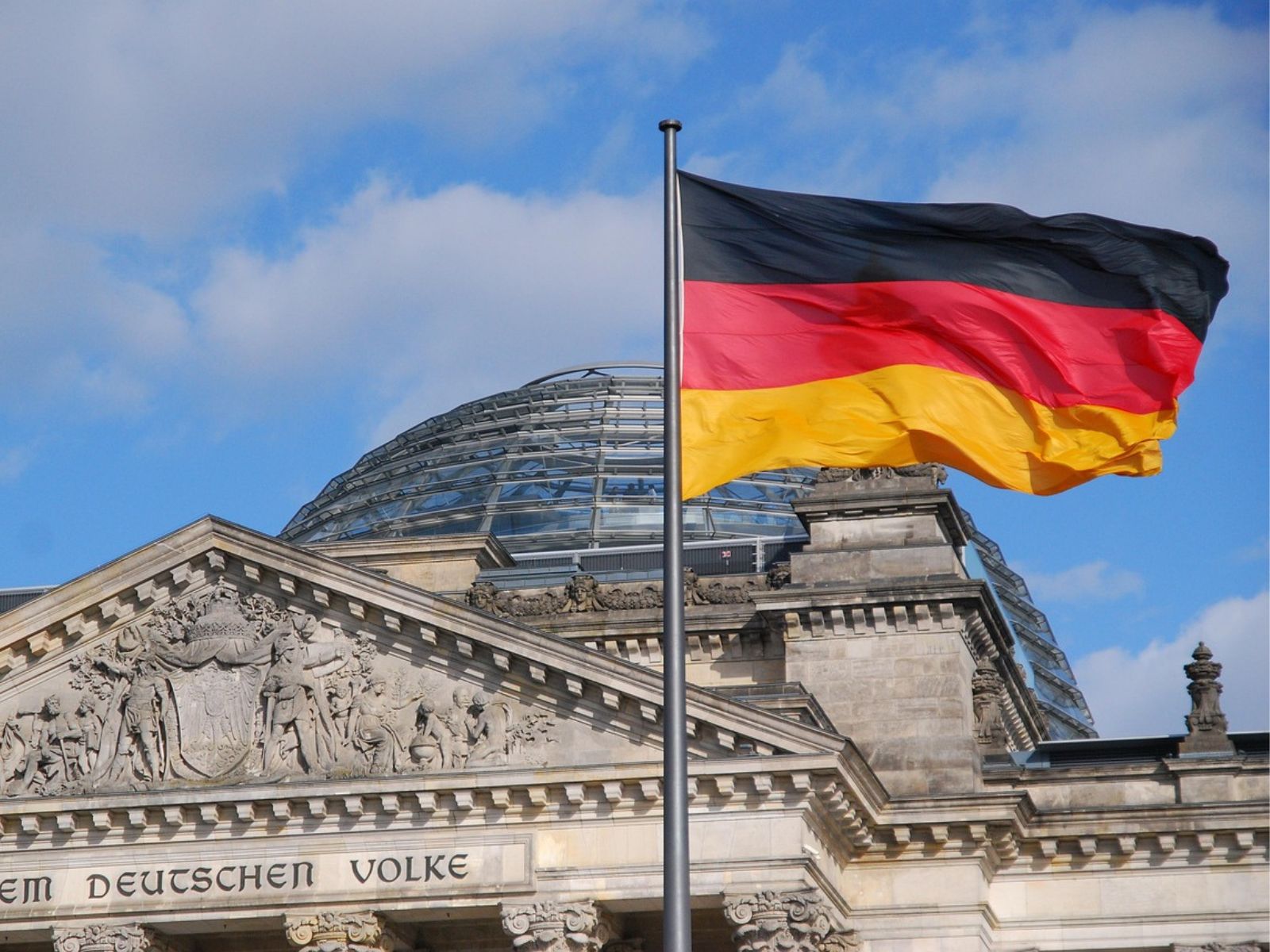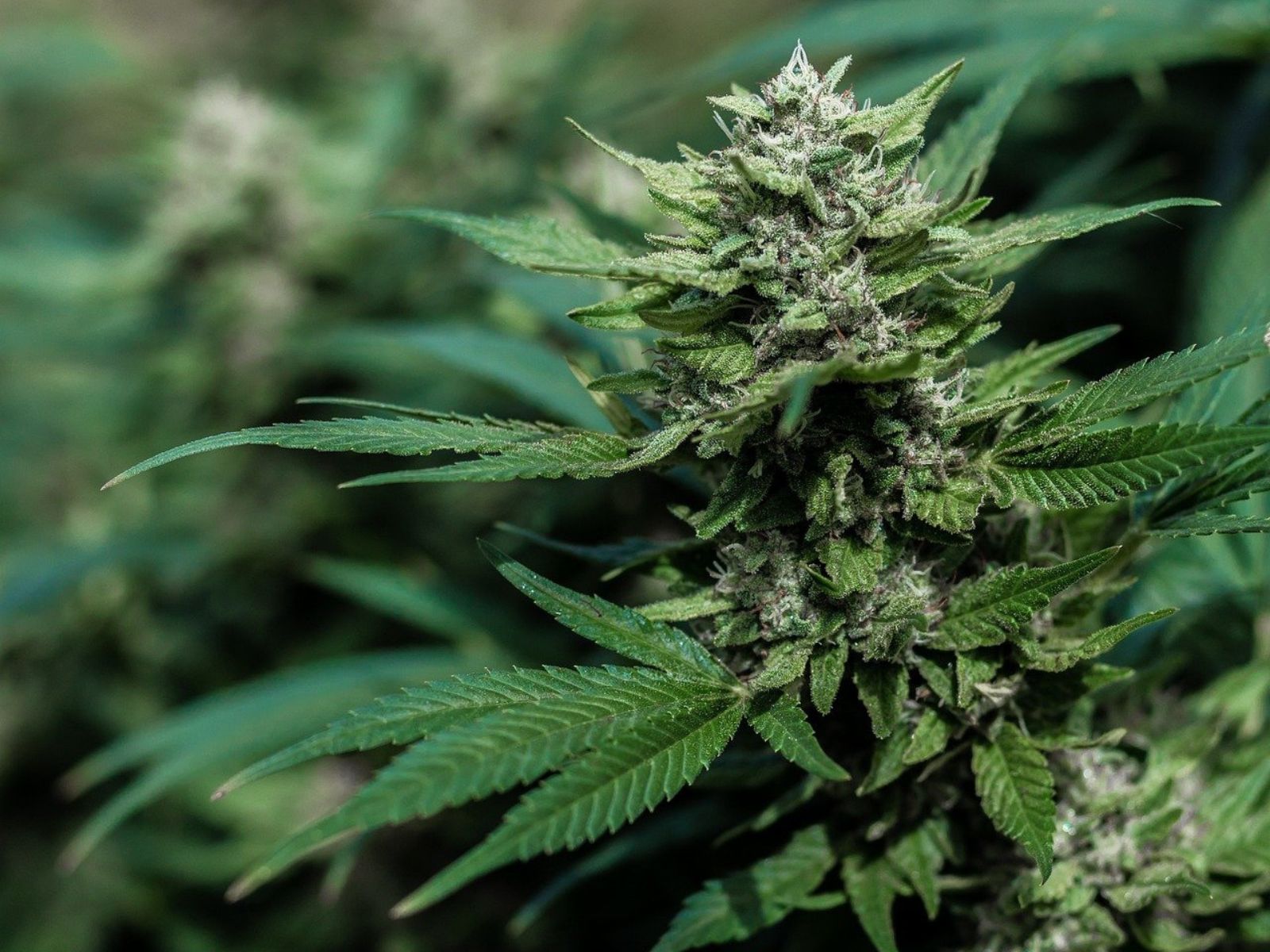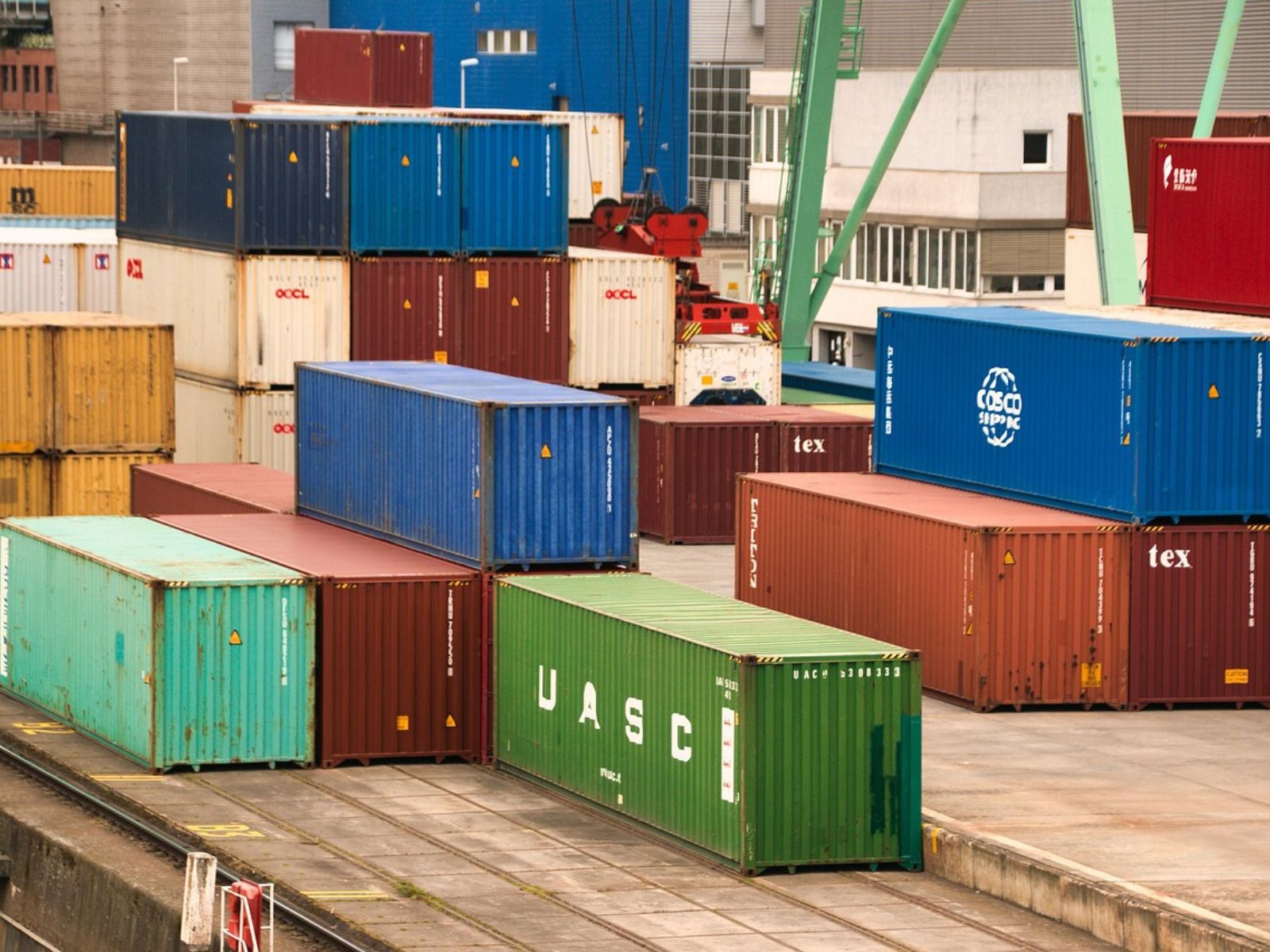
Advocates Urge German Government To Prioritize Industrial Hemp Liberalization Act

Advocates Urge German Government To Prioritize Industrial Hemp Liberalization Act
Last week, German Chancellor Olaf Scholz announced the firing of Finance Minister Christian Lindner, effectively ending the ruling government’s coalition of Scholz’s Social Democratic Party (SPD), Lindner’s Free Democratic Party (FDP), and the Greens. The coalition was often referred to as the ‘traffic light coalition.’
Chancellor Scholz also announced that Germany’s Parliament will hold a confidence vote in January which could move the next Bundestag elections to March 2025. The collapse of the traffic light coalition is resulting in industrial hemp industry advocates urging the nation’s lawmakers to ensure that the Industrial Hemp Liberalization Act is prioritized.
“Following the upheaval in the federal government, important legislative projects are to be brought through the parliamentary process by the end of the year so that they can come into force before the early elections. The Cannabis Industry Association (BvCW) is calling on the federal government and the parties represented in the Bundestag to put the Industrial Hemp Liberalization Act (NLG) on the priority list.” stated BvCW in a press release.
The Industrial Hemp Liberalization Act was previously approved by German Federal Minister of Food and Agriculture Cem Özdemir last month and includes the removal of the ‘intoxication clause,’ although the law is not yet finalized and still needs to be approved via the parliamentary process. The measure would also legalize the cultivation of industrial hemp indoors.
“Germany is lagging far behind in Europe and the world in the cultivation, research and use of industrial hemp. We cannot wait another few years . The Industrial Hemp Liberalization Act must therefore be passed by the Bundestag as soon as possible in order to finally give farmers and the industry legal certainty and to make Germany competitive again,” warns Dirk Heitepriem, President of the Cannabis Industry Association.
“We ask the legislator to give this law priority. For many agricultural businesses, processing companies and traders, it is essential that the removal of the intoxication clause is finally finalized and thus the considerable – in some cases livelihood-threatening – economic damage is put to an end. This will quickly strengthen the industrial hemp industry and at the same time reduce bureaucracy, costs and risks,” said Michael Greif, interim managing director of the BvCW.
The push for industrial hemp policy and regulatory modernization in Germany comes at a time when much of Europe is doing the same. Market analysts associated with Research and Markets project that the global industrial hemp market will reach $25.33 billion in value by 2032.
“Industrial hemp has enormous potential for the German economy. From renewable, climate-friendly building materials, in vehicle construction or as a regional alternative protein source for humans and animals. At the same time, it offers agriculture great potential, for example in the regeneration of weak and contaminated soils. That is why we need the law now to simplify the cultivation of industrial hemp, create legal clarifications and thus growth impulses for our economy,” explains Marijn Roersch van der Hoogte, Vice President and Department Coordinator for Industrial Hemp.
Share article


Share article
Join Our Awesome Community
Join Our Awesome Community
Join Our Awesome
Community
Get all the latest industry news
delivered to your inbox







